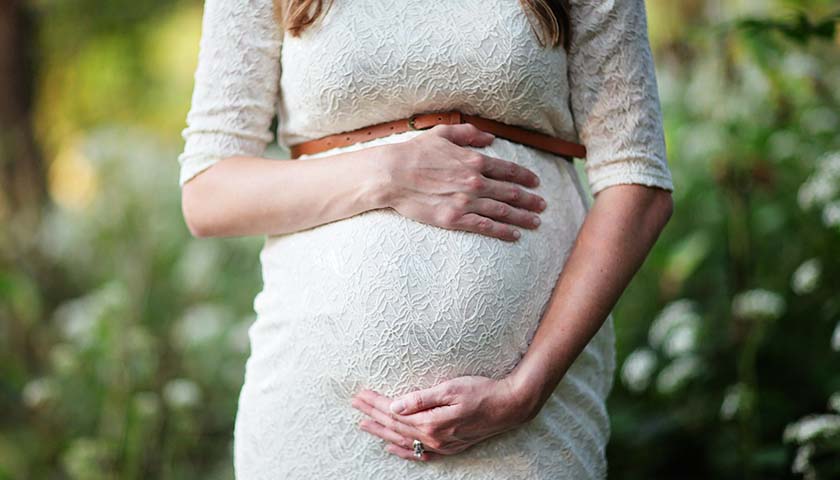by Mary Stroka
Minnesota is more friendly to abortion than some of its neighbors, and that might impact Minnesota taxpayers.
Some abortion clinics are moving from states that are banning or limiting abortions to states such as Minnesota with fewer abortion restrictions. For example, Red River Women’s Clinic moved from Fargo, N.D., to Moorhead, Minn., to continue performing abortions, and says on its website that it offers abortion care and family planning services to all of North Dakota, northwestern Minnesota and South Dakota.
The Society of Family Planning, a community of scholars and clinicians who envision “just and equitable abortion and contraception informed by science,” reported Oct. 28 that from April to August, clinician-provided abortions decreased 95% in states where abortion was banned or severely restricted and dropped 32% in states where abortion was restricted. Abortions increased 11% from April to August in states where abortion has few restrictions. Abortions increased 12% in the western Midwest, which includes Iowa, Kansas, Minnesota, Missouri, Nebraska, North Dakota and South Dakota. Abortions increased 14% from April to August in Minnesota. During that time, Iowa abortions dropped 27% while abortions in North Dakota, South Dakota and Wisconsin dropped 100%.
Walz’s June executive order following the U.S. Supreme Court’s Dobbs v. Jackson Women’s Health Organization decision said that all state agencies must coordinate to protect “people or entities who are providing, assisting, seeking, or obtaining lawful reproductive health care services in Minnesota” and prescribed the Minnesota Department of Health and the Minnesota Department of Human Services’ August report that said that more than 90% of abortions within the state in the past five years were provided to Minnesota residents. It said that 634 Wisconsinites and 158 South Dakota residents received abortion services in Minnesota. The departments said they anticipated the state would see more out-of-state residents seeking abortions in Minnesota as their home states change abortion laws.
The departments said in their report that strategies to support “high-quality and safe” abortion care include protecting the privacy and safety of people who seek abortion care and the clinic staff providing the care; supporting insurance coverage and clinic support to provide affordable abortion care; increasing training opportunities for health care providers to become skilled providers of abortion care; increasing access to abortion care through telemedicine and in rural areas; decreasing barriers to comprehensive reproductive care, including abortion, for populations who experience structural inequities in health care; and providing contraceptive counseling and prescriptions or referrals for contraception methods.
Pew reported in October that Minnesota clinics have reported that patients have come from as far away as Texas and that Attorney General Keith Ellison said no one will be prosecuted in Minnesota for seeking an abortion that is legal in Minnesota.
Alliance Defending Freedom Senior Counsel and Director of the Center for Life Denise Harle told The Center Square in an emailed statement that nobody should be forced to pay for or participate in abortion.
“Abortion is not health care; it kills an unborn baby and harms the mother,” Harle said. “Minnesota currently allows for late-term abortions, an extreme ideology put into practice in only a handful of countries around the world, and taxpayer-funded abortions, which most Americans reject.”
“Thankfully, with the overturning of Roe this summer, states are free to affirm that life is a human right and offer women and families facing unplanned pregnancies real support,” Harle said. “We hope that Minnesota citizens will soon reject their state’s extreme practices and protect life.”
– – –
Mary Stroka is a contributor to The Center Square.




